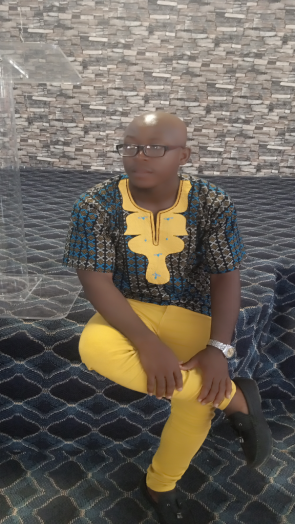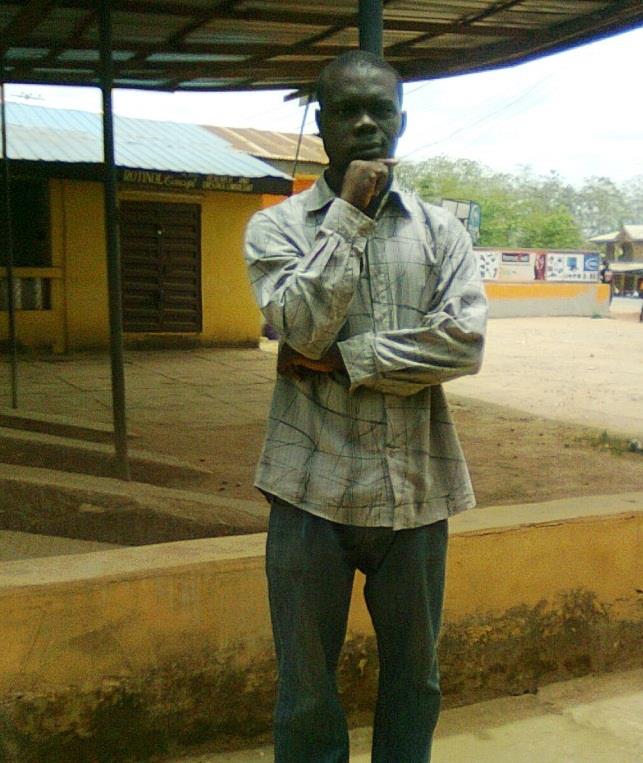The World's Saddest Song Remains the Same
"how long, how long must we sing this song?"
-- U2
A roadside billboard in my town says, "Pray for Ukraine,"
and I want to.
In the UN they give speeches, but BAROOM!!! the bombs
continue to fall on city buildings, smoke and flame fill,
light up our screens,
And we've seen this horror movie before: correspondents
in body armor and helmets counting explosions -- cut to
rescuers digging rubble,
Pulling bloodied civilians out onto stretchers -- cut to people
in chaotic queues on train platforms, children everywhere,
some families bringing their dogs,
And I want to help them onto the train, give candy to the
child, tell the harried conductor he's a good dog, will cause
no trouble, but I can't be there -- but I can't close my heart
To what I see. And I can't look away because I know war:
how thoughts travel one day to the next thinking of death,
how waking is just another day of death, laughter so rare
It is a shock, like a bomb, when you hear it, your chest
so constricted against gloom you can hardly join in, and
I don't want people to die, and I don't want people to live
this way, but I can't go and give any real help, any more
than the foreign ministers and politicians giving speeches,
so I will pray, pray for Ukraine.
I remember a ruined Russian tank, half-submerged on a bank
of the Kabul River, left there like an open-air museum piece,
left there when the Russians withdrew.
So I pray for Ukraine, and I pray for the day when every tank
in our world is just a left-behind museum piece.
Iraq Diary
I
Sky’s pink beginning of darkness in thick dashboard glass,
a tonal pop starting every radio sentence, our vehicle halts
in the dust that floats, always, over MSR Tampa like death,
waiting to settle, corner of the eye movement in sudden
wind. Iraqi cars swerve away from us, same pole magnets
as roads merge, our vehicle’s gunner looking for a ghost,
pointing at each car, ready to fire belt-linked rounds
into the VBIED that waits for us here – it’s been days, but,
always, it’s only days before it’s reincarnate, pieces of metal
reassembled, same dusty car torn, we saw it, can’t forget it,
torn apart in the last sand-fire explosion. For the gunner
to miss its quick dart, not pull the trigger, means our death,
again.
II
A boom felt so much as heard, puffs of smoke
blown instantly out of sandbagged windows,
the sick feeling in the gut, heaving, hearing like underwater
now knowing absolutely like ESP, like Newton’s laws that
someone has died. Clouds of sand roll over
the line of t-barriers that has stopped
most of this blast’s shock. Minutes later
men are running, “Are you okay, are you good?!”
On the other side of the barrier wall, at the gate
to MSR Tampa – later, the wreckage of bodies
will be gathered into black vinyl bags
by unlucky soldiers – DNA trusted to match the parts.
III
Laundry pickups “Three to Five Days” later, if there is time
to drop it off before the third country nationals lock the door,
board their bus for the other side of camp. My friend lives
in a dirty uniform, coming straight off dusty roads, still in body
armor, kevlar helmet tucked into an arm, to wait the long line,
call home: “I am alive” the understood meaning of “it’s me.”
I start counting -- every third day the average, “No Phones,
No Computers” taped in the door glass of the MWR.
“Someone has died” the understood meaning.
IV
At night a crowd gathers at the MWR’s tv to watch curling,
Winter Olympics oddly popular, some soldiers standing
to imitate the frantic brushing while the stone moves easy,
like exhaled breath down a steadied gunsight, to a contact
where a contest winner is all the future that’s determined,
the arena so free of dust, desert flies, the quiet game graceful
in its efforts like the strain of a ballerina, so civilized,
like the ceremonial ringing of a peace bell, a heavenly echo
floating over a manicured garden.
A War Photographer Goes Home
When he found himself wanting only beauty it slowed him.
Staring out the open window of a dusty white Toyota sedan
at terraced olive fields on a sunny hillside, a sagging felt
headliner rippled by wind brushing his head, he just sat.
The three with AKs who jumped out first looked back at his
reverie, waiting, to take him to the rubble-strewn village.
Yesterday a child touched his arm, mother lying dead
on the shaded street, dust of her fall hovering in air,
the familiar percussion sounds of 55mm grenades close
as the sniper. Down the block smoke scent rising in sunlight.
And he couldn't train his camera to take a shot of her,
instead kneeling to say "habibi" to the child in broken Arabic.
Maybe he was idealistic once, in Bosnia, fired by stories
of journalism school, finding that one "Napalm Girl" photo
that would become an international, explosive knowing.
Soon, it was just competition, the race to hotspots,
swapping information with cynical diplomats, seedy
hotel bars. Staying. He who estranges his family best wins.
But suddenly he sees the brown lands and gray mountains,
all the murder thy neighbor countries, only landscapes of bones.
For years the photos were people around him. Now a crazy
moan is starting in him, deflagration of the countries stilled
in his moments become an awful remembering. Always
he refused to look away, now a whiplash of seeing too much.
Later, he stuffs this pain in a hasty duffel. As the plane rises
from Beirut International, the Middle East's shadow fades
and he looks down on his dull suburb of cut lawns, deciding
to take the job at the college, repair a long-distance marriage,
play war-junkie PowerPoints to darkened lecture rooms, take an old correspondent's advice: "Don't let the dead into your soul."
Absolute Time, Uyuni, Bolivia
Where time's a wave of dry wind across a salt pan
desert, particles of sand clothing giant, driving-wheeled
cylinders -- empty fireboxes awaiting shovels in
yesterday's hands, broken glass Bourdon gauges stuck
in a synchroscope loop of boiler pressure zeros –
like Zen masters, locomotives powering Bolivia's economy
to a new industrial age stopped, rested on their tracks --
as if hearing energy can never move faster than light,
squat in an acolythate entropy of rust under the daily,
victorious sun, aware: their silent tracks still move
with the eternal earth, spinning forever
into the future, a thousand miles
per hour.
A US Army combat veteran, Steven Croft lives happily on a barrier island off the coast of Georgia on a property lush with vegetation and home to various species of birds and animals. His poems have appeared in Liquid Imagination, The Five-Two, Ariel Chart, Eunoia Review, Anti-Heroin Chic, Synchronized Chaos, and other places, and have been nominated for the Pushcart Prize and Best of the Net.



